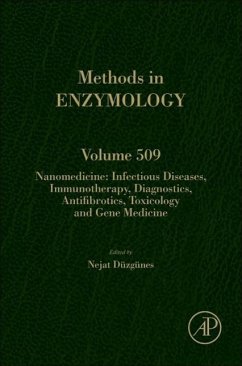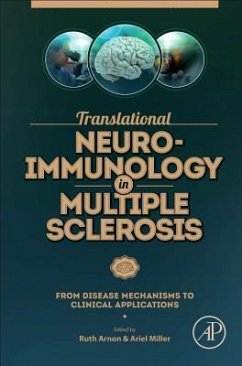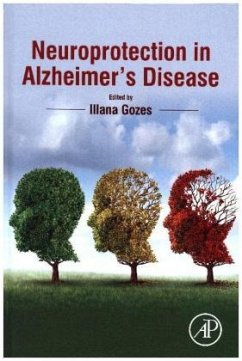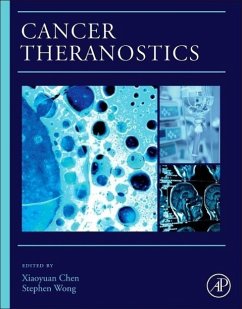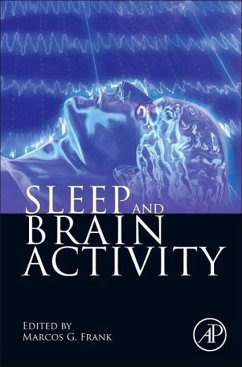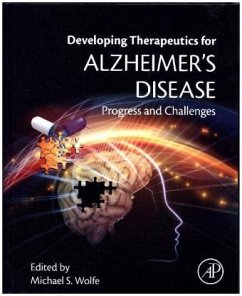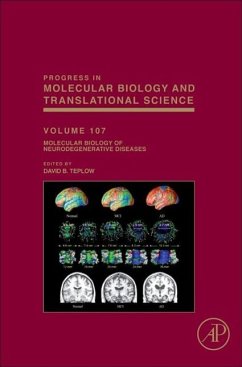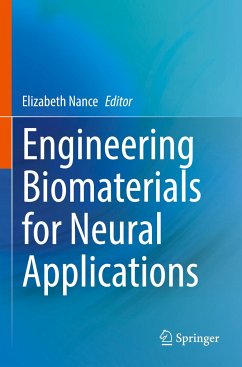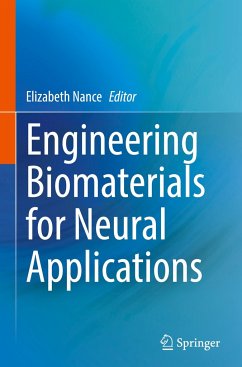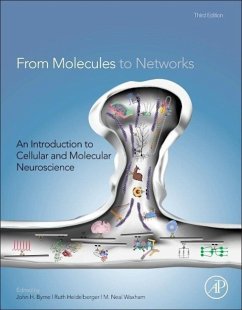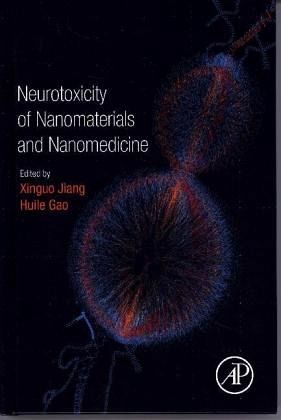
Neurotoxicity of Nanomaterials and Nanomedicine

PAYBACK Punkte
48 °P sammeln!
Neurotoxicity of Nanomaterials and Nanomedicine presents an overview of the exciting research in neurotoxicity and nanomaterials. Nanomaterials have been extensively used in medicine, including diagnosis probes, drug carriers, and embedded materials. While some have been approved for clinical use, most nanomaterials are waiting to be transferred from lab to clinic. However, the toxicity is a main barrier that restricts the translation.This comprehensive book includes chapters on the most commonly used individual nanoparticles, with information on the applications, neurotoxicity, and related me...
Neurotoxicity of Nanomaterials and Nanomedicine presents an overview of the exciting research in neurotoxicity and nanomaterials. Nanomaterials have been extensively used in medicine, including diagnosis probes, drug carriers, and embedded materials. While some have been approved for clinical use, most nanomaterials are waiting to be transferred from lab to clinic. However, the toxicity is a main barrier that restricts the translation.
This comprehensive book includes chapters on the most commonly used individual nanoparticles, with information on the applications, neurotoxicity, and related mechanisms of each, providing the most in-depth and current information available. The book examines the pathways that nanomaterials enter into, and eliminate, from the brain, along with the strategies that could reduce the neurotoxicity of nanomaterials.
Providing a background to the subject, detailed information, and ideas for future directions in research, the book is essential for students and researchers in toxicology, and for those in medicine, neurology, pharmacology, pharmaceutical science, and materials science who are researching nanomaterials.
This comprehensive book includes chapters on the most commonly used individual nanoparticles, with information on the applications, neurotoxicity, and related mechanisms of each, providing the most in-depth and current information available. The book examines the pathways that nanomaterials enter into, and eliminate, from the brain, along with the strategies that could reduce the neurotoxicity of nanomaterials.
Providing a background to the subject, detailed information, and ideas for future directions in research, the book is essential for students and researchers in toxicology, and for those in medicine, neurology, pharmacology, pharmaceutical science, and materials science who are researching nanomaterials.




